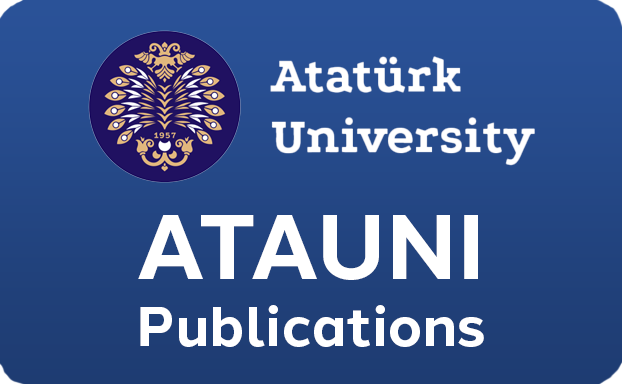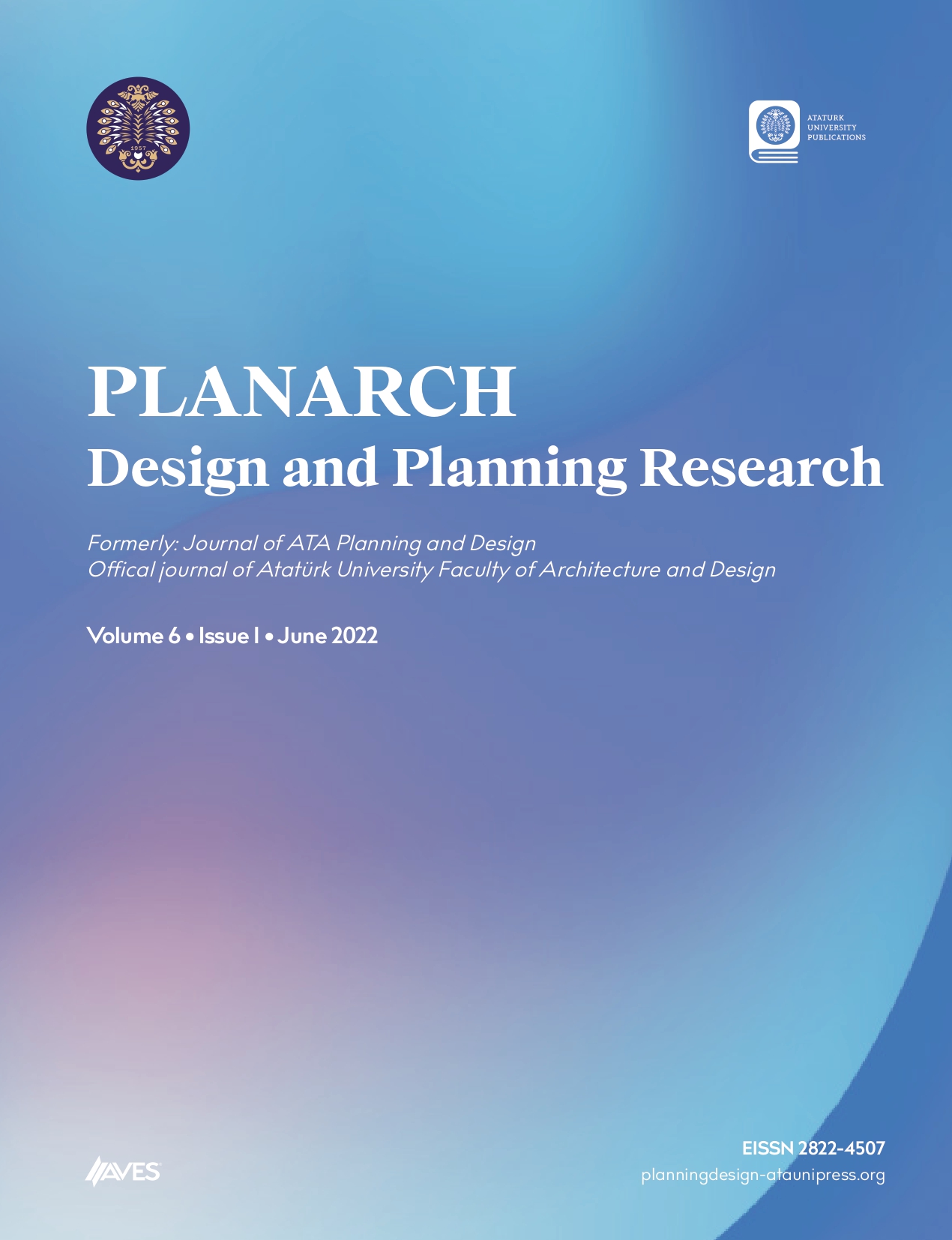Behind the abandonment of the Keynesian welfare state understanding, the primary purpose of new regional development policies shaped according to endogenous growth models is to mobilize regional potentials that have been ignored for a long time. Increasing competition with globalization pushed the regions to use their own resources more effectively. In this sense, an increasing number of studies in recent years have highlighted the role of regional entrepreneurship in the dissemination of knowledge, employment, innovations and technological development, and underlined that it has a critical importance for sustainable economic growth and development. However, studies have shown that the level of entrepreneurship and therefore the level of economic development in each region is not the same. In other words, regions that encourage entrepreneurship and have a high level of entrepreneurship generally have a higher level of economic development. In this context, the aim of this study is to analyse the economic structure of Erzurum, which is socio-economically behind most of Turkey’s provinces, historically. Another aim of the study is to examine the relationship between the current economic situation of Erzurum and its entrepreneurship and innovation capacity. This study, which examines the data sets obtained from various institutions by converting them into tables and graphical visuals, discusses whether the entrepreneurship and innovation capacity of Erzurum is effective in the formation of its current economic situation. The obtained findings supported previous studies. The results clearly revealed that Erzurum has a capacity well below the country average in terms of entrepreneurship and innovations, which are widely accepted as the main factors of economic growth, and therefore has a lower level of economic development.
Erzurum’un Girişimcilik, Yenilik ve Ekonomik Durumunun Analizi
Keynesyen refah devleti anlayışının terk edilmesinin ardında içsel büyüme modellerine göre şekillenen yeni bölgesel kalkınma politikalarının öncelikli amacı; uzunca bir süre göz ardı edilen bölgesel potansiyellerin harekete geçirilmesidir. Küreselleşmeyle birlikte artan rekabet, bölgeleri öz kaynaklarını daha etkin kullanmaya itmişti. Bu anlamda son yıllarda artan sayıda araştırma, bölgesel girişimciliğin bilginin yayılımı, istihdam, yenilikler ve teknolojik gelişmedeki rolüne dikkat çekerek, sürdürülebilir ekonomik büyüme ve kalkınma için kritik bir öneme sahip olduğunun altını çizdi. Fakat yapılan çalışmalar her bölgedeki girişimcilik düzeyinin, dolayısıyla ekonomik gelişmişlik seviyesinin aynı olmadığını ortaya koymuştur. Diğer bir ifadeyle, girişimciliği teşvik eden ve yüksek düzeyde girişimciliğe sahip bölgeler, genelde daha yüksek ekonomik kalkınma seviyesine sahiptir. Bu çerçevede, bu çalışmanın amacı, sosyo-ekonomik açıdan Türkiye’nin çoğu iline göre daha geride olan Erzurum ilinin ekonomik yapısını tarihsel olarak analiz etmektir. Çalışmanın bir diğer amacı ise Erzurum’un mevcut ekonomik durumu ile girişimcilik ve yenilik kapasitesi arasındaki ilişkiyi incelemektir. Çeşitli kurumlardan elde edilen veri setlerini tablolar ve grafiksel görsellere dönüştürerek inceleyen bu çalışma, Erzurum’un girişimcilik ve yenilik kapasitesinin mevcut ekonomik durumunun oluşmasında etkili olup olmadığını tartışmaktadır. Elde edilen bulgular önceki araştırmaları destekler nitelikteydi. Sonuçlar, Erzurum’un ekonomik büyümenin temel faktörleri olarak yaygın kabul gören girişimcilik ve yenilikler açısında ülke ortalamasının oldukça altında bir kapasiteye sahip olduğunu ve dolayısıyla daha düşük ekonomik gelişmişlik düzeyine sahip olduğunu ortaya koydu.
Anahtar Kelimeler: Girişimcilik, yenilik, bölgesel ekonomik kalkınma
Cite this article as: Demirdağ, İ. (2022). Analysis of entrepreneurship, innovation and economic situation of Erzurum. PLANARCH, XX, 1-10.
PLANARCH - Design and Planning Research


.png)
Research Articles
Analysis of Entrepreneurship, Innovation and Economic Situation of Erzurum
1.
Atatürk Üniversitesi, Mimarlık ve Tasarım Fakültesi, Şehir ve Bölge Planlama Bölümü, Erzurum, Türkiye
PLANARCH - Design and Planning Research
1; 1: -
DOI: 10.5152/Planarch.2022.223152
Read: 11
Downloads: 2
Published:
17 October 2022
Files

.png)
